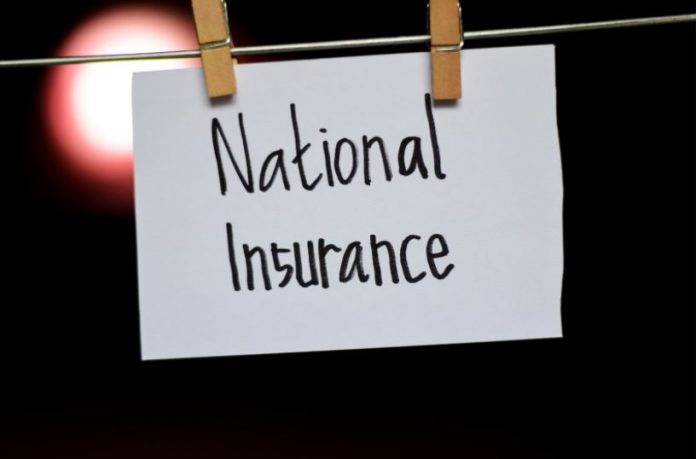Table of Contents
If you earn income in the UK, you may need to pay national insurance (NI) either if you are employed or unemployed. In the UK, workers have been paid national insurance since 1911. And as the name suggests, it is national insurance started to support the needy in society.
The national insurance rates depend on whether you work for yourself or you are self-employed. If you have questions in your mind like- what national insurance is? How does it work? How much national insurance do I pay in the UK? And what is the worth of national insurance?
Then you have come to the right place. In this article, we will explain the A-Z of national insurance and how much national insurance you pay. Let’s start!
But, first,
About National Insurance in UK

As I said earlier, national insurance is a type of tax on earning profits paid by employees, employers, and self-employed persons. This helps build your privilege to certain benefits depending on your employment status, like the state pension and maternity allowance.
There are various factors that determine the level and type of national insurance contribution is to be paid, such as, employment status, age, level of earnings, residence status
When Will I Have To Pay National Insurance?

It is based on your pay duration. The tax will be applied based on how often you get paid. It can be weekly, monthly, or could be a different period.
It also means that if you earn extra money in one month, you will have to pay additional national insurance. And if you are self-employed, then your national insurance will be decided on your self-assessment tax return. They will be paid at the same rate as their income tax.
How Much National Insurance Will You Pay In the UK?

How much national insurance to pay is based on what type of insurance you are paying. National insurance is classified into four main classes-
- Class 1- paid by employees and employers
- Class 2- paid by those who are self-employed
- Class 3- it is a voluntary contribution
- Class 4- it is paid by those who are self-employed and have profited over a certain amount.
Class 1 National Insurance
If you are an employee, then you come under the class 1 National Insurance category. However, as an employee, you will start paying when you earn more than £184 per week (2021-22).
The national insurance rate is made up of-
- 12% of your weekly pay between £184 to £967
- 2% of your weekly wage, if it is above £967.
But, you will pay less if you are a married woman or a widow and should have a valid “certificate of election.” OR, if you are deferring the national insurance because you have more than one job. You pay the national insurance with your tax. So, your employer will reduce the tax from your monthly wages before paying you. And in your payslip, your contribution will be mentioned. Also, if you are an employee, then your national insurance will be closed if you reach the state pension age.
Class 2 National Insurance
Class 2 National insurance is paid by those who are self-employed. In the class 2 category, the contribution rate is set as a flat rate of weekly contributions of £3.05 per week ( In 2021-22).
As a self-employed, you have to pay the government for every week or partial week of self-employment in a year. Paying class 2 national insurance is voluntary for self-employed workers below the small profits. Paying Class 2 insurance rates can help build your contributory titles to benefits.
Class 3 National Insurance
Class 3 category national insurance is specially designed to fill gaps in your national insurance record. The goal here is to get you a higher state pension.
To get a full state pension, you should have a minimum of 35 qualifying areas of national insurance. It is given to those people who have reached their state pension age and is implemented after April 2016. To receive a new state pension, you should have at least ten qualifying areas. Class 3 rates are payable every week of £15.40, in 2021-22. That’s why it’s essential to know-
- You can make a payment for any gaps.
- How much do you need to pay?
- Will there be benefits from making a voluntary national insurance contribution?
Class 4 National Insurance
This category is for self-employed and makes a profit of a minimum of £9,568 in 2021-22. If you earn more than this profit, you will have to contribute 9% on that profit between £9,556 and £50,270 in the year 2021-22.


